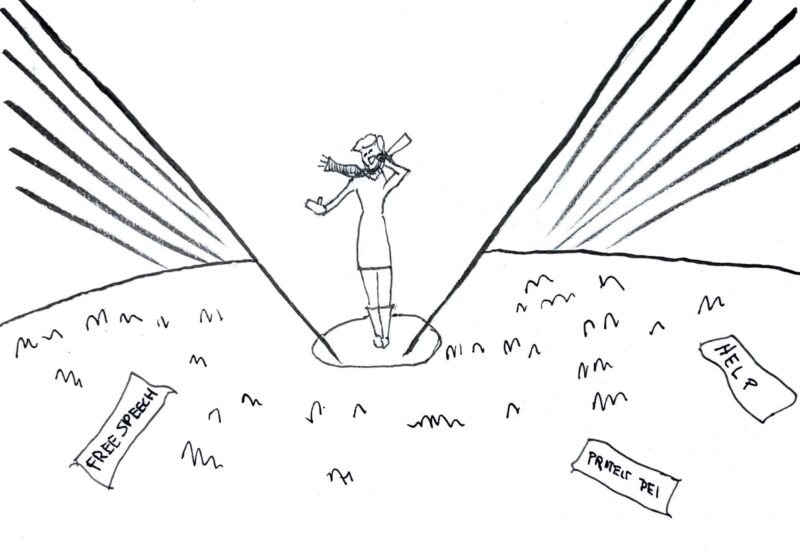A panel of professionals discussed the current issue of Social Security reform on March 23.
The panel was moderated by senior lecturer in economics and public policy at the university, Michael Wolkoff. Senior research fellow at the New America Foundation, Marcellus Andrews, began the panel. Alan Stockman, a Ph.D. in Economics from the University of Chicago, and UR Professor of Economics Bruce Jacobs, were also on the panel.
“The number of elderly citizens was much smaller compared to the present day,” Wolkoff said. Wolkoff opened the discussion with a brief overview of the current situation. He explained that Social Security began as a poverty buffer in the mid-1930s after the Depression wiped out many people’s retirement savings.
He addressed several key components to the present problem with Social Security. Many demographic issues play into this problem. The rate of fertility has gone up while the rate of mortality has gone down.
“As a result, the ratio of workers to retirees has gone from 42 workers for one retiree to three workers for one retiree,” Wolkoff said. The effect of this ratio is seen in the present day worker’s tax cut.
“Social Security is currently the greatest tax burden,” he said. After this introduction he handed the topic to the three panelists.
Andrews was the first to comment on this issue. He began by giving some background to his present interest in Social Security reform. He continued by asserting that Social Security is worth saving, but the question is how to do so. “The current system is worth saving, but there are problems because of productivity and the length of life,” Andrews said. “We are a wealthy society because of our productivity and can provide decent support for low-income families, but it is not cheap. Social Security is an odd X-ray for our society.”
This X-ray, he claimed, shows the problem. “The best reform is a transfer system between the young and the old,” he said. “We should tweak the system, move away from payroll tax and work on a transfer system.”
Stockman had a different idea. He began by addressing the faulty budgeting system within the government. “[The government] has difficulty budgeting for a fiscal year, much less a decade,” he said.
He did not think that we can do much to affect policy and that the system will just continue to go downhill. No immediate plan will ameliorate the situation, according to Stockman. He also thought that the main problem lies within demographic irregularity.
“Nothing is wrong with the system until you get something like the baby boom,” he said. “You just can’t predict this type of catastrophe.” The only solution he supported was long-run growth.
“The only thing we can do is support policies that are pro long-run growth,” he said. “We have to increase savings in order to increase investment. Social Security reduces savings, because Social Security is ‘savings’.”
Part of Stockman’s long-run growth plan is to attempt personal savings. As things get progressively worse, people should have personal savings and the government should require a certain amount of savings.
Finally, Jacobs claimed that Social Security is crucial to many elderly families. Our system, welfare included, is the biggest anti-poverty program, according to Jacobs.
The system, he asserted, should be roughly equal – what you put in, you can get out. “In a strictly accounting sense, without Social Continued from Page 3
Security, one-half of elderly Americans would be below the poverty level. This is not true, however, because without Social Security, people would save more.”
Andrews later disagreed with this comment. “Tax breaks are supposed to help people save more, but we are Americans. We spend more,” he said.
Jacobs also introduced a solution. “If we raise the retirement age and adjust equations within the system, Social Security could be fine,” he said.
The problem, he claims, is that we lack political motivation. Another problem Jacobs noticed is the variety of programs running at one time. With Medicare, Medicaid, welfare and Social Security, our economy is going to feel the strain. The problem is that we are not willing to tax ourselves more, therefore we cannot afford the various programs.
“We can sustain the programs, but not all of them because taxes would need to go through the roof,” Jacobs said.
He added to his lecture a quote from Eric Stein, “Things that are unsustainable tend to stop.”
Ricketts can be reached at aricketts@campustimes.org.



